Weisskopf Lab
We study the contribution of occupational and environmental exposures to neurological and developmental disorders.
665 Huntington Ave
Bldg. 1, Suite 1402
Boston, MA 02115
Our Team
Learn more below about our lab leadership, researchers, and staff.
Principal Investigator
Current Lab Members

I am the research manager for the Marc Weisskopf group, a role I have served for 22 of the 25 years I’ve been at the Harvard School of Public Health. My duties include acting as the liaison to the IRB (Institutional Review Boards, or ethics) committees, manuscript editing, and office management. In 2015, I completed my master’s degree in English from the Harvard Extension School. I live in Medford with my wonderful wife Lara and our adorable burden of a dog, Luce.


Justin Farmer is a PhD student in Epidemiology at the Harvard Chan School. He earned a bachelor’s degree in neuroscience and comparative literature from Northwestern in 2017 (Go ‘Cats!). Justin ultimately hopes to conduct research that helps answer the questions: who develops dementia in the US?, and why? In the Weisskopf Lab, he is currently analyzing the metal content of teeth as part of the Metal Exposures and Alzheimer’s Disease (MEAD) study. When he isn’t working on MEAD or in classes, Justin can be found listening to music, reading, or trying to convince himself to go on a run.

Rachel Grashow is the director of epidemiological research initiatives and co-investigator of Family Experiences Managing Football Lives (FEM-FL) for the Football Players Health Study at Harvard University. Grashow is also a research scientist at the Harvard T. H. Chan School of Public Health. She earned a bachelor’s degree at Wesleyan University in sociology, a PhD at Brandeis University in computational neuroscience, and a master’s of science in epidemiology at the Harvard Chan School. Grashow’s work has focused on how environmental exposures affect the overall and cognitive health of uniquely vulnerable populations, including children, pregnant women, the elderly, veterans, and professional athletes. She has conducted additional research into environmental influences on breast cancer etiology. Grashow is committed to using sound science to uncover how health disparities may relate to environmental health factors, and to communicating the results of her work with both lay and professional audiences.
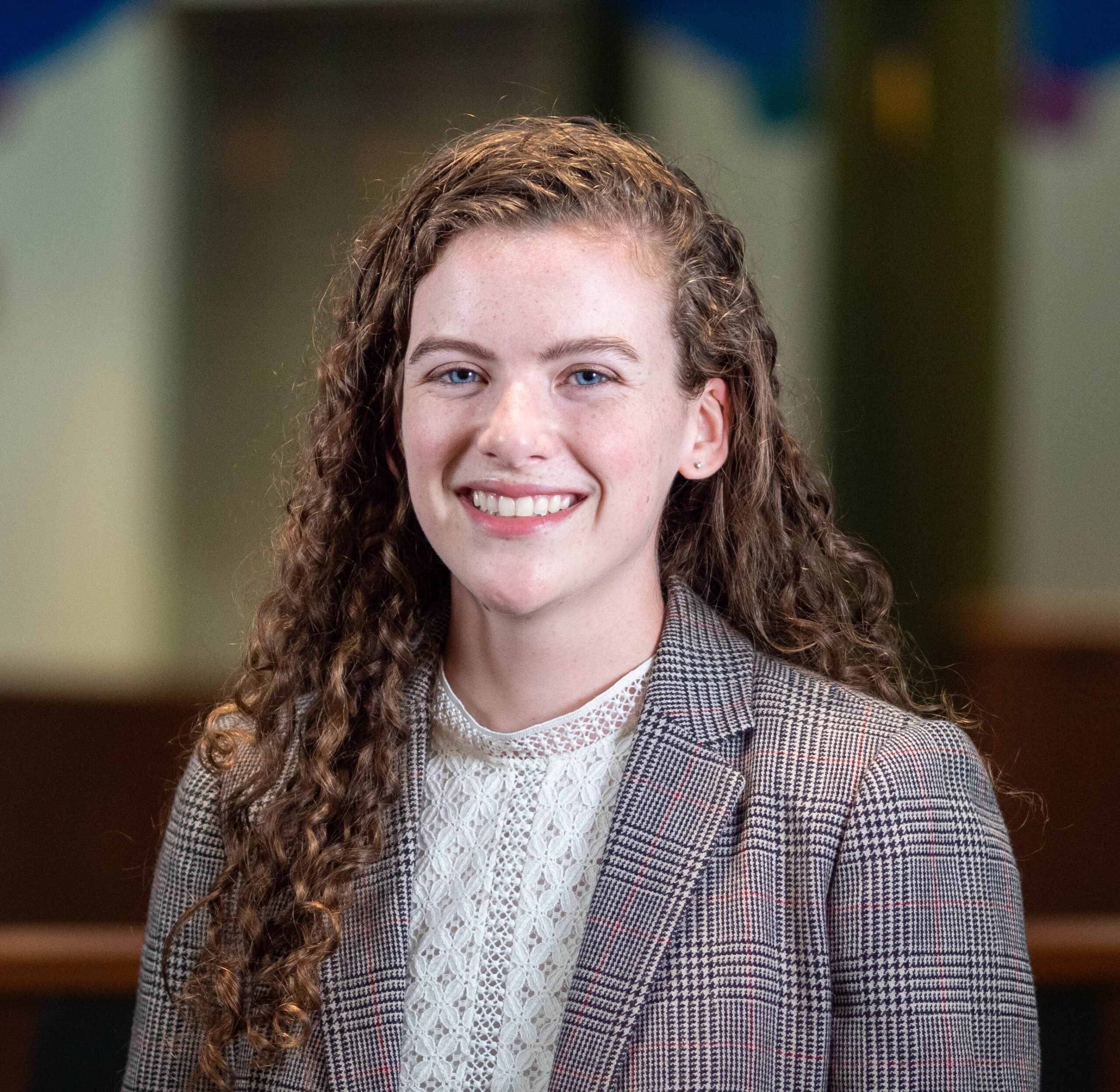
Ruby is a doctoral student in the Population Health Sciences program in the Environmental Health field of study. She earned her MPH in Epidemiology from the University of Michigan and previously worked as a research assistant in the Department of Neurology at Yale School of Medicine. Her research focuses on the effects of early-life environmental exposures on neurological outcomes throughout the lifecourse. Outside of school, she enjoys crocheting and knitting, hiking, and playing video games.

I am a current postdoctoral research fellow in the Department of Environmental Health. My doctoral work at Drexel (in Epidemiology) examined the independent and joint effects of environmental risk factors (e.g., air pollutants, pollen) in relationship with children’s respiratory outcomes in an urban setting. Now at Weisskopf’s Lab, I am shifting my focus to neurological/mental outcomes, while still with a continued interest in how ambient environment affects population health. I enjoy music (and playing my violin) as equivalent to my research – I also enjoy hiking and reading.

Niki Konstantinides is a postdoctoral research fellow for the Football Players Health Study at Harvard University. She is a lifelong athlete whose interest in athlete outcomes began when she worked as a sports medicine intern for University of California (UC) Berkeley Football. As a graduate research fellow for the Pac-12 Concussion Assessment, Research and Education (CARE) Consortium, Konstantinides pursued her PhD studying concussion incidence, symptom presentation, and recovery duration in male and female varsity sports across the Pac-12. Her research interests include health outcomes associated with sport, as well as sex differences related to concussion incidence and recovery.
Konstantinides received her BA in molecular and cell biology with an emphasis in neurobiology at UC Berkeley, and her PhD from the University of Colorado, Boulder, in integrative physiology.
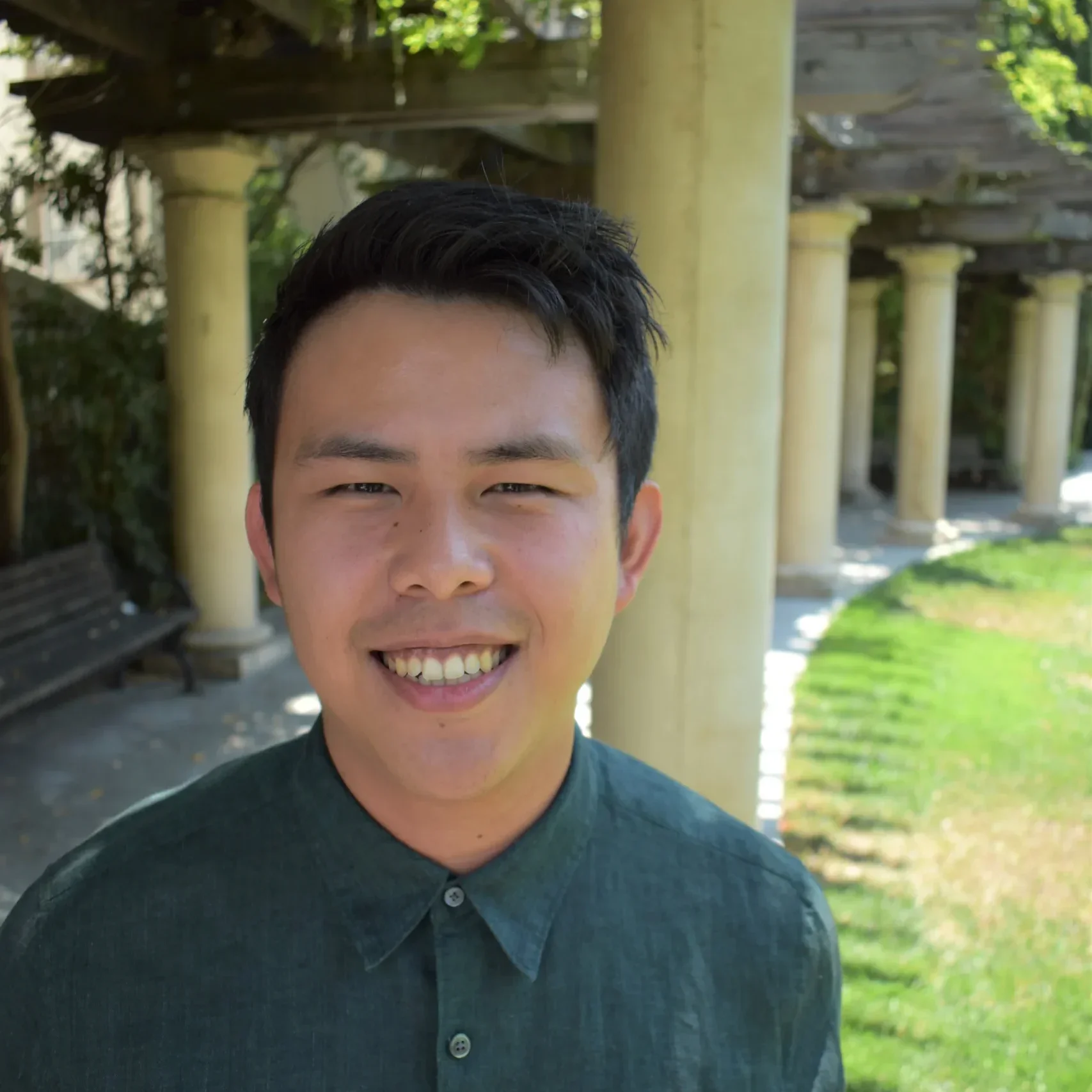
My work primarily focuses on environmental and social factors experienced throughout the lifecourse, from in utero to adulthood, and how they influence health and disease. Some examples of my work include how exposures during pregnancy (eg, air pollution, vitamin D, police violence) influence pregnancy and child outcomes (eg, pregnancy loss, fetal growth); how early life growth affects mid-childhood outcomes (e.g., cognitive achievement); and in adult populations, how light at night and circadian disruption relates to cardiometabolic conditions and breast cancer. I am especially interested in causal inference as it relates to my work, where discussions about DAGs or g-methods are always welcome!
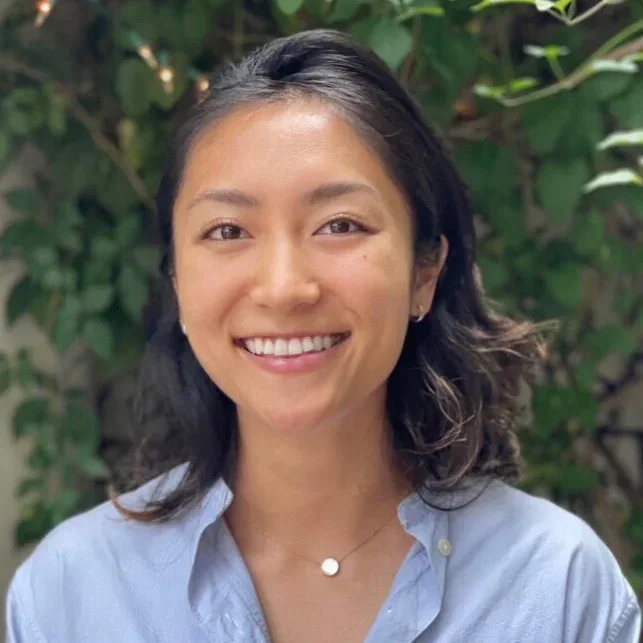
Joyce is a postdoctoral fellow in the Weisskopf Lab, where she leads multiple projects in the St. Louis Baby Tooth – Later Life Health Study. She brings expertise in biomonitoring within large-scale epidemiological studies, with a particular focus on noninvasive biomarkers of metal exposure. Her research focuses on early life origins of disease and understanding the health impacts of metal exposures over the life course.
She received her BA, MHS, and PhD in Environmental Epidemiology from Johns Hopkins University. In her spare time, she enjoys playing tennis, gardening, and crocheting hats for her dog.
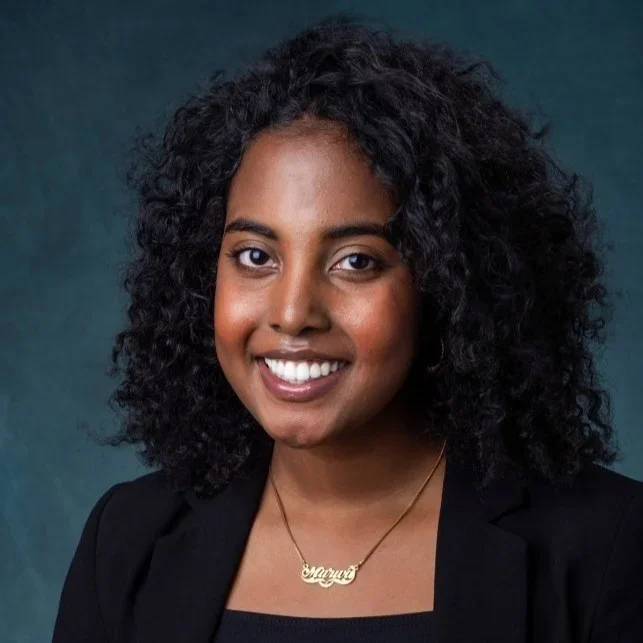
Marwa is a doctoral student at Harvard University’s T.H. Chan School of Public Health in the Biological Science in Public Health program. Her current research focuses on identifying the biological mechanisms and mediators of environmental exposures’ effects on cognitive health. She is co-mentored by Drs. Kristopher Sarosiek and Marc Weisskopf in the Environmental Health Department. Her research combines laboratory science and epidemiology. Her goal is to pursue an academic research career at the intersection of environmental health science and translational science. Outside of science, she enjoys participating in combat sports such as muay thai and boxing, listening to live music, and nature walks.

Kaleigh is a Research Assistant II managing the Saint Louis Baby Teeth – Later Life Health Study, Project 1 of the MEMCARE Superfund Research Center. Using her background in data management and Community Based Participatory Research, she works with participants, cross disciplinary colleagues, and of course, the man behind the curtain, Marc Weisskopf, to keep the study running smoothly! She earned a bachelor’s degree in environmental engineering from Northeastern and is excited to better understand the causes and outcomes of environmental exposures within the Saint Louis Baby Teeth cohort.

Liz is Senior Project Manager at the Football Players Health Study at Harvard University. Liz has experience working on occupational and environmental health studies, on program management, process improvement, and strategic initiatives, with a dynamic cross-sector and international background spanning business, non-profit and academia. Her research interests include environmental exposures and the cumulative effects work can have on health across the life course.
She received a BA from New York University in Political Science and Photojournalism, and holds a MA in Sustainability and Environmental Management, and a MPH in Occupational and Environmental Health from Harvard University. In her free time she enjoys traveling and spending time with family.
My research focuses on mental and cognitive health, including causes and consequences of autism, posttraumatic stress disorder (PTSD), depression, and cognitive decline. I also study childhood abuse and its consequences, including PTSD, depression, intimate partner violence, and health-risk behaviors. I am particularly interested in the effects of childhood abuse on health across generations.
I am currently Principal Investigator of an NIH-funded study seeking to understand why children of women exposed to childhood abuse exhibit increased risk for a wide array of neurodevelopmental deficits, including anxiety, depression, autism, and attention-deficit hyperactivity disorder (ADHD). The study is examining biological dysregulation during pregnancy in hormonal function and immune function. To date, the study has documented that women who experienced abuse carry somewhat higher genetic risk for a variety of neuropsychiatric disorders than women who have not.
“What happens in childhood — like a child’s footprints in wet cement — commonly lasts throughout life. Time does not heal; time conceals.”
– V. Felitti

My research focuses on maternal and neonatal hormonal dysregulation and adverse neurodevelopmental outcomes. Away from work, I enjoy hiking and climbing mountains (especially in the snow!)

Monique Slowly is a doctoral student in the Population Health Sciences program at Harvard T.H. Chan School of Public Health in the Environmental Health field of study. Her research interests include early life environmental exposures and their impact on cognitive development and impairment. She earned her MPH in Environmental Health Sciences at Columbia University. Outside of work and school, she enjoys reading, hiking, and baking.
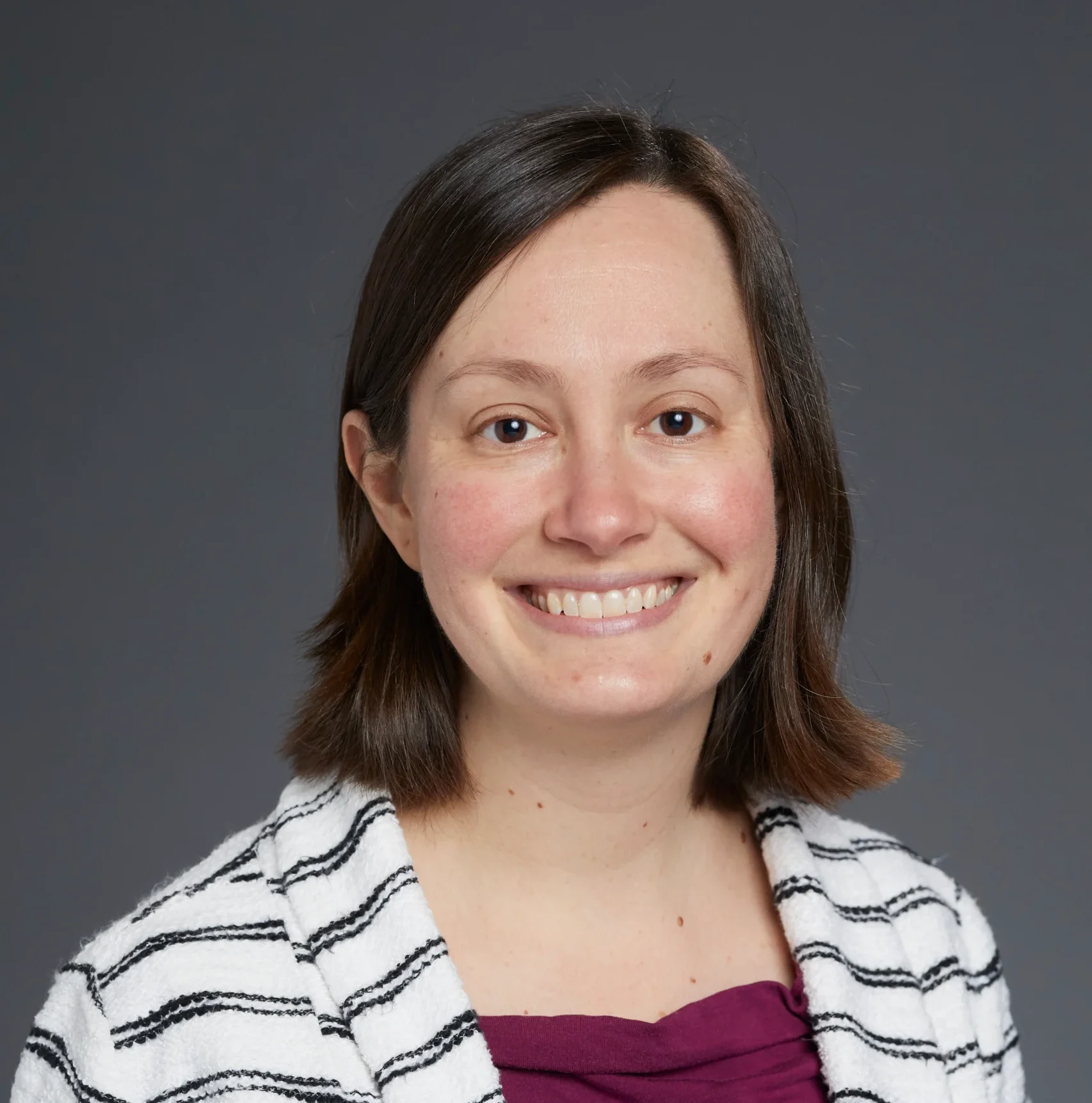
Sarah is the Senior Program Manager for the Harvard Chan NIEHS Center for Environmental Health. She was previously the Program Manager for the Chan School’s HaSET Maternal and Child Health Research Program. Before she joined Harvard, Sarah spent seven years at Pathfinder International, an international public health organization that advances sexual and reproductive health and rights. In her role as senior technical advisor for capacity building and geographic information systems, she managed large publicly and privately funded projects and provided technical assistance in the areas of local partner capacity development, geospatial analysis, systems development, grants management, and compliance. Through Pathfinder, Sarah has spent time in Ethiopia, Bangladesh, and Mozambique. She also spent nearly two years in Afghanistan as a USAID contractor for a monitoring and evaluation project.
Sarah has a master’s degree in Russian, Eurasian, and East European studies and a bachelor’s degree in foreign service, both from Georgetown University.
Past Lab Members


Charlotte Bakalar was a Research Assistant II working with Dr. Marc Weisskopf on multiple research projects, including the St. Louis Baby Teeth – Later Life Health Study, Project 1 of the MEMCARE Superfund Research Center; the Metal Exposures and Alzheimer’s Disease (MEAD) study; mortality and morbidity in professional athletes; and a study measuring the association between organic pollutants and heavy metals with amyotrophic lateral sclerosis (ALS) and dementia.
Ms. Bakalar earned a Bachelor of Science from McGill University in Environmental Science with a specialization in Ecological Determinants of Population Health. Charlotte is passionate about applying her expertise in data management, analysis, and coding to answering research questions.
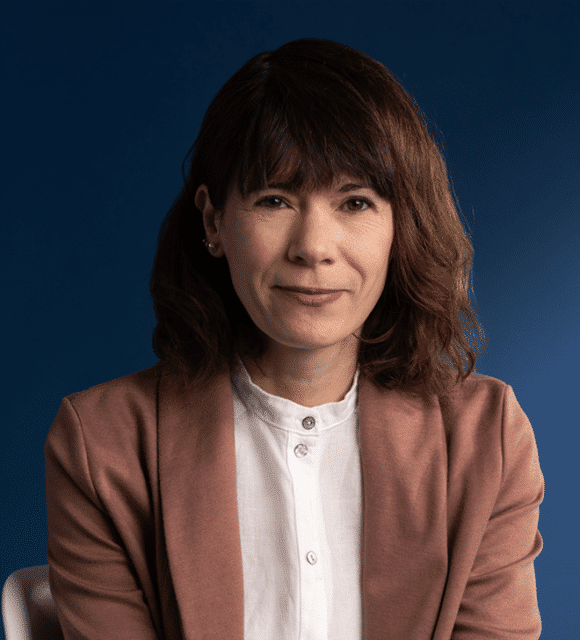
Maryse Bouchard is a professor of environmental health and a researcher at the Centre de recherche du Centre Hospitalier Universitaire Sainte-Justine (Sainte-Justine hospital research centre). She holds the Canada Research Chair in Environmental Contaminants and Community Health. She is co-principal investigator of the Maternal-Infant Research on Environmental Chemicals (MIREC) Research Platform, a body of research from a pan-Canadian study of 2,000 pregnant women and their children funded by Health Canada.
Maryse Bouchard’s research focuses on the effects of various environmental contaminants on community health. Her work aims to identify and quantify health risks through epidemiological studies, including risks to the nervous and endocrine systems. She has conducted research on the risks associated with exposure to metals like manganese and lead, as well as pesticides and other chemical products. Many of her studies focus, or have focused, on population groups with vulnerability factors like fetuses and children, seniors, Indigenous peoples, and people who work with toxic products.

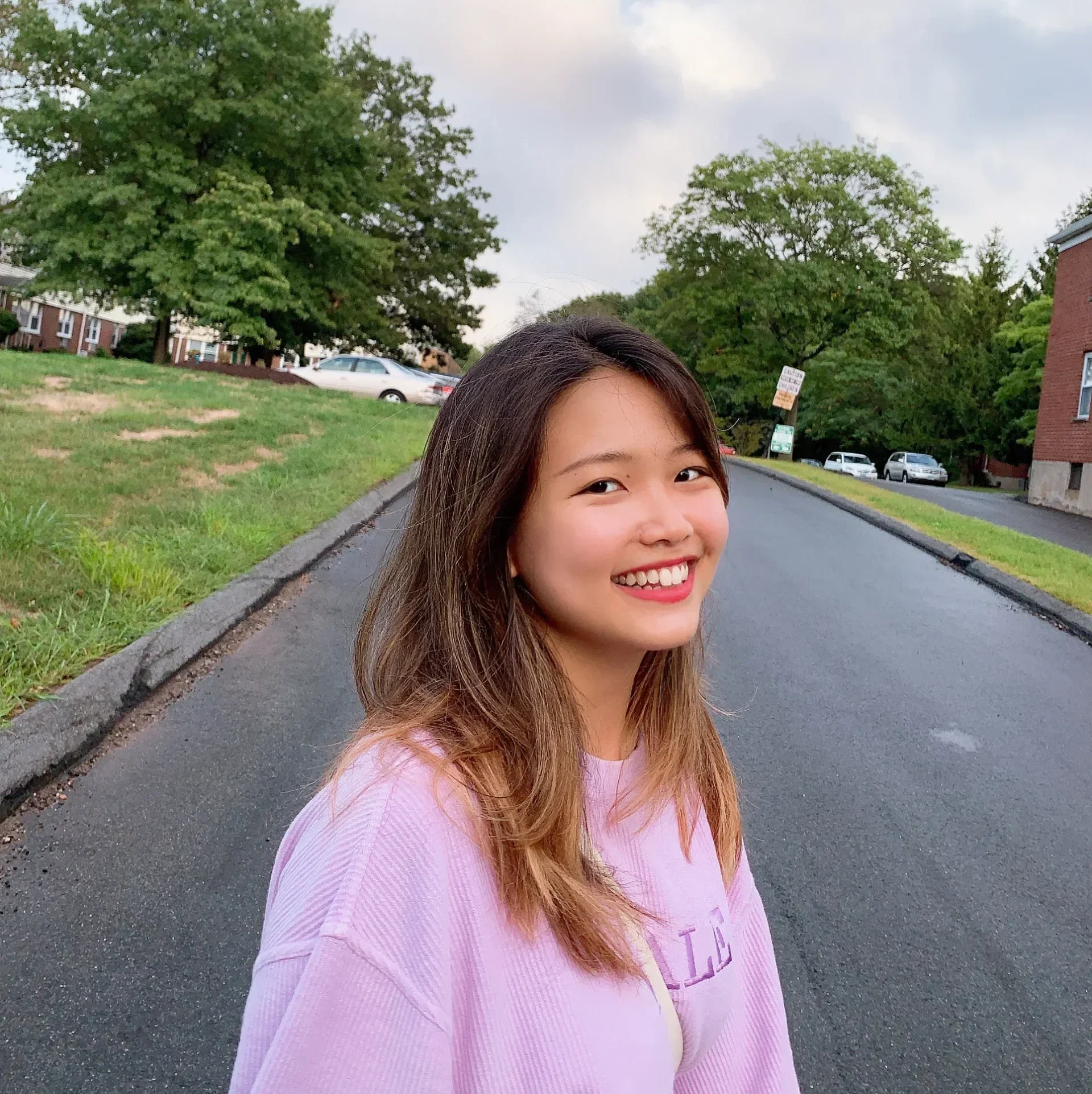
At KAIST, Dr. Choi’s research group’s goal is to improve health and promote health equity, and advance our understanding of the impacts of climate change on health. Specifically, the group utilizes spatiotemporal data ranging from global to individual scales to examine the relationships between climate extremes and human health. These insights are applied to develop technology-based solutions, such as smartphone applications and early warning systems.
Previously, Choi was a postdoctoral research fellow in the Department of Environmental Health at Harvard Chan School of Public Health. In her PhD at Yale, she concentrated on environmental factors influencing the temperature-mortality association, specifically emphasizing the environmental justice perspective. At the Weisskopf Lab, her main focus was on environmental factors (e.g., greenspace, street imagery) and social factors (e.g., age, income) affecting air pollution and various neural/mental outcomes. Her research interests center around the intersection of investigating health disparities related to climate change (e.g., temperature, air pollution) and employing various statistical modeling.

Dr. Delaney is a social and environmental epidemiologist at Harvard with expertise in analytics and data insight application to systems-level problems. His award-winning research specifically seeks to identify ways that social, legal, and environmental factors interact to affect health outcomes with the aim of creating better healthcare, social, and legal systems.
Dr. Delaney’s research is supported by both public and private funding, including four separate National Research Service Awards from the National Institutes of Health (NIMH and NICHD). He has won multiple grants and awards from the Doris Duke Charitable Foundation, the Harry Frank Guggenheim Foundation, and Harvard University. And he has given invited lectures to representatives from several universities, state policymakers, and state justice system stakeholders.
Dr. Delaney is also an attorney. Prior to his career in health science research, he held several legal positions in government, with non-profits, and in private commercial litigation, where he represented hospital systems and health insurance companies. He holds an undergraduate degree in corporate finance and valuation.

Aisha S. Dickerson, PhD, MSPH, studies environmental exposures and their disproportionate impact on autism and dementia risk in underserved communities across the lifespan.

Heather DiGregorio was an epidemiology research assistant for the Football Players Health Study at Harvard University. Previously, DiGregorio worked as a research assistant in educational psychology, cognitive neuroscience, and clinical neuroscience labs at the University of Georgia. She has a bachelor of science in psychology with a focus on neuroscience from the University of Georgia, and received a master’s in psychology at the Harvard Extension School.

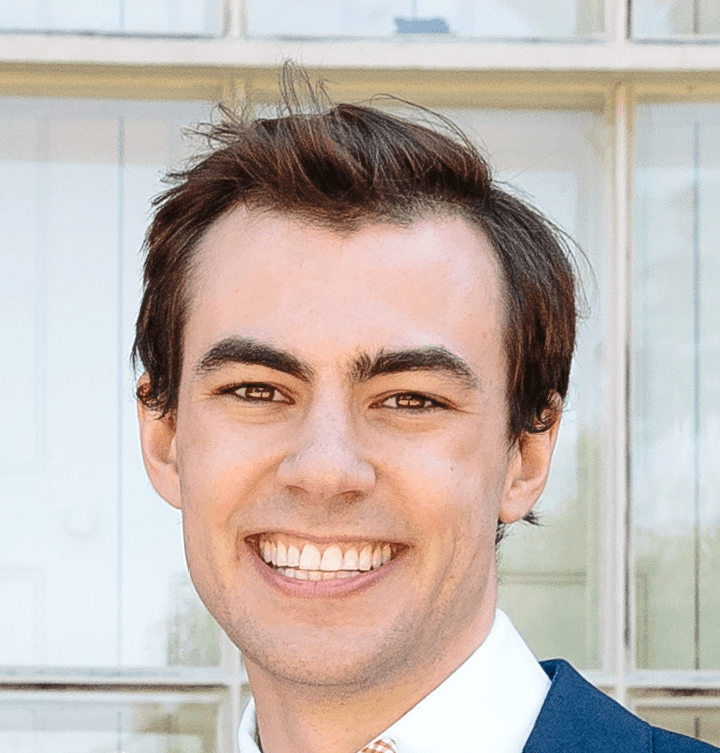
Christian Hoover is a student in the Epidemiology Ph.D. program at Brown and the Co-Investigator of the Firearm Exposure Research Team, an affiliate of the Harvard Injury Control Research Center. At Harvard, Christian was a student in the Health Policy Master’s program, the 2023 James H. Ware Scholar, 2022 Deborah Rose Fellow, a 2021-23 Teaching Fellow, and former project manager in the Department of Environmental Health. As Co-Investigator, he also holds an appointment at the Massachusetts General Hospital. His research interests include firearm related injury, toxic metal exposure, and mental health.

Eleonore was a Masters of Science student in Epidemiology at Harvard School of Public Health.
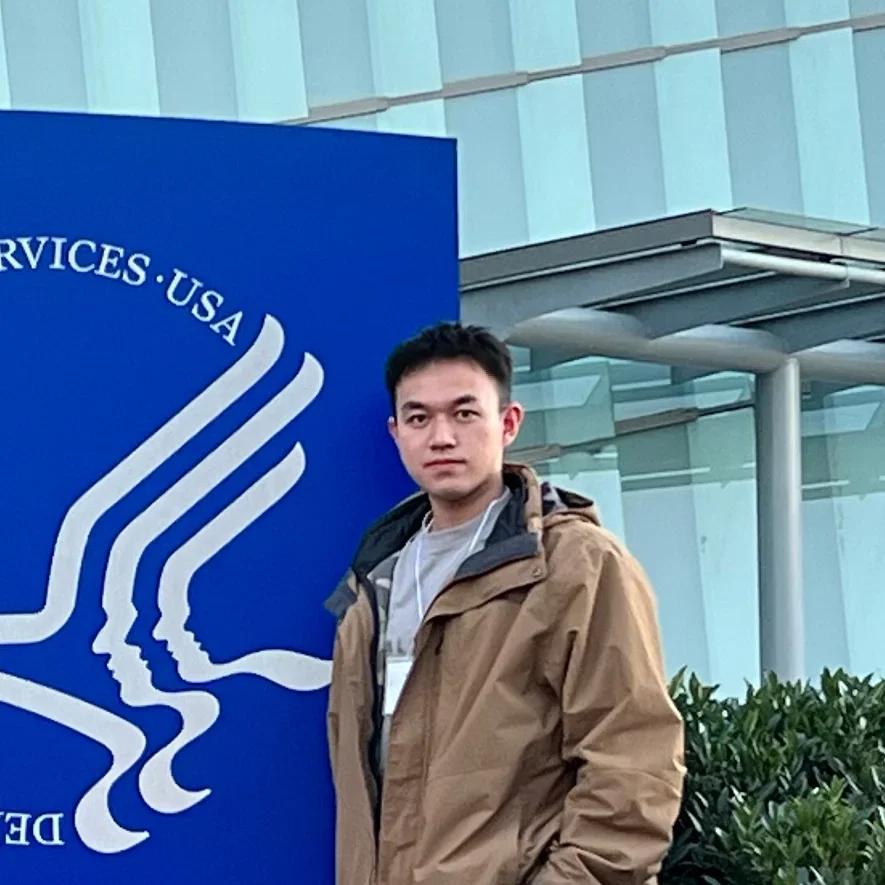

John S. Ji is an Associate Professor at Tsinghua University’s Vanke School of Public Health. John earned his B.A. in Neuroscience from Johns Hopkins University in 2008, his Sc.M. in Epidemiology, and his Sc.D. in Environmental Health from the Harvard School of Public Health in 2013. He was a member of the Graduate Consortium at the Harvard University Center for the Environment (HUCE) and received teaching training at Harvard’s Derek Bok Center for Teaching and Learning. Before joining Tsinghua, John was an Assistant Professor at Duke Kunshan University (2017–2021), where he served as Associate Director of the International Master of Environmental Policy (iMEP) graduate program, a joint initiative with Duke University. John joined Tsinghua in 2021 as an associate professor on the tenure track and became a tenured associate professor in 2025.
John’s research focuses on the climate health impacts of air pollution, greenness, and temperature extremes, particularly their effects on aging populations. He utilizes large-scale cohort studies to identify risk factors and explore resilience in population health. His work advances adaptation strategies, including nature-based solutions, focusing on effect modifications.

Marianthi is renowned not only for her research and academic excellence but also for her dedication to mentoring and fostering a collaborative academic environment wherever she goes. Just to name a few of her accolades, she has received numerous best paper awards from the NIEHS Environmental Factor, AJE, and American Statistical Association, she was awarded the ISEE Tony McMichael Mid-Term Career award in 2023 and the Dean’s Excellence in Mentoring award in 2022. Marianthi also received special recognition in both 2021 and 2024 for her top-tier peer reviewing and was included in the 2018 list of the best reviewers of the year in the American Journal of Epidemiology.

Dr. Kponee-Shovein is an epidemiologist with expertise in causal inference methods, outcomes research, drug safety, health economics, and health care litigation. She specializes in applying innovative, rigorous, and evidence-based methods to address complex health care research questions. Dr. Kponee-Shovein has extensive experience analyzing diverse health care data sources, including insurance claims, electronic medical records, chart reviews, clinical trials, and survey data. She has provided strategic regulatory consulting on drug registration and real-world evidence generation, contributing to US Food and Drug Administration (FDA) submissions for new drug applications (NDA), supplemental new drug applications (sNDA), orphan drug designations (ODD), and FDA Type C and Type D meetings. Dr. Kponee-Shovein has led impactful research projects in resource-limited settings and coauthored numerous articles in peer-reviewed journals, including JAMA Internal Medicine and the American Journal of Epidemiology. Her work has been presented at clinical conferences as well as conferences in health economics, epidemiology, and environmental health sciences. Dr. Kponee-Shovein serves as an adjunct senior lecturer in the Department of Epidemiology at the Harvard T.H. Chan School of Public Health.
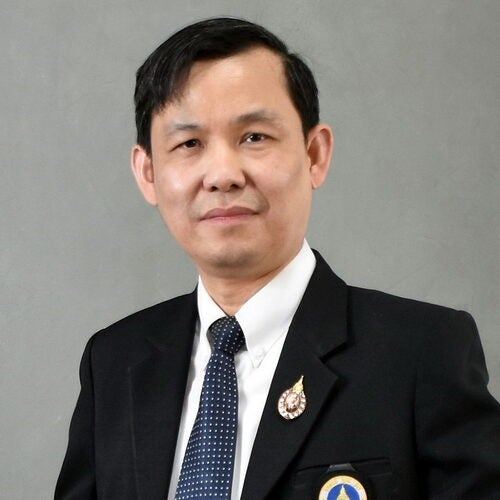

Dr. Liew is an environmental and perinatal epidemiologist and a research methodologist. A core focus of his work is understanding how exposures that occur during critical and vulnerable periods of development may shape disease risks and influence health outcomes throughout our life span. Dr. Liew is leading numerous studies with funding from the NIH to evaluate whether fetal exposures to endocrine disrupting compounds and/or neurotoxicants could harm fetal brain development leading to neurological disorders or impaired neuropsychological function in childhood and young adulthood. He is also interested in methodological research, especially the development of novel study designs and analytical techniques that could help us better address biases in observational studies or research using “real-world” data.


Linda H. Nie is a Professor in School of Health Sciences at Purdue University. She received her B.S. in Physics from Zhongnan University of Technology in China, a M.S. and a Ph.D. in Medical Physics from McMaster University in Canada. She did her postdoctoral training in Nuclear Instrumentation, Exposure Assessment, and Epidemiology at Harvard University before joining Purdue in 2009. She teaches courses in Medical Physics, Health Physics, and Radiation Sciences. Her research focuses on x-ray and neutron technology development and the application of these technologies in the field of human health and medicine. Specifically, her group develops x-ray fluorescence, neutron activation analysis, and synchrotron x-ray technologies to quantify metals and trace elements in human body and in animals in vivo and in vitro. Her research goal is to build a bridge between novel technologies for metal/trace element quantification and mapping and the application of these technologies in human health.

Jamaji C. Nwanaji-Enwerem, MD, PhD is a Health Equity Presidential Assistant Professor of Emergency Medicine at the University of Pennsylvania. He also serves as the Executive Director of ELND, a community environmental education/improvement organization. He has served as a member of the White House Environmental Justice Advisory Council, the White House Office of Public Engagement Roundtables on Clinical Innovation and Health Equity, the World Health Organization technical advisory group for the occupational burden of disease estimation, and the International Society of Exposure Science Board of Directors. Dr. Nwanaji-Enwerem has authored several peer-reviewed publications and given many domestic and international lectures on his research, which leverages molecular biomarkers to better understand how environmental exposures impact human aging and health, particularly for the underserved. His work further emphasizes the need for public policy solutions aimed at fostering greater health equity and environmental justice.
Dr. Nwanaji-Enwerem graduated Phi Beta Kappa, Valedictorian from Morehouse College. He earned his PhD in the Harvard University Biological Sciences in Public Health program, his Master’s in Public Policy (MPP) from Harvard Kennedy School, and his MD from Harvard Medical School. He completed a postdoctoral research fellowship in Environmental Health Sciences at the University of California, Berkeley School of Public Health. He completed his residency in…
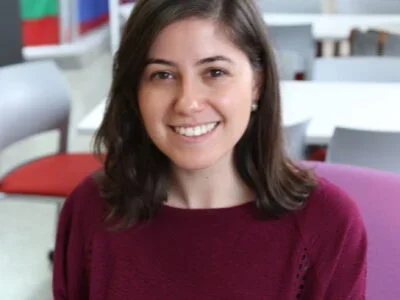

Dr. Melinda C. Power is an Associate Professor of Epidemiology at the George Washington University (GWU) Milken Institute School of Public Health, and was a 2022-2023 Health and Aging Policy Fellow. Dr. Power has expertise in statistical analysis of observational data, and a commitment to improving epidemiologic methods in the study of late-life cognition and dementia. Her current research is designed to inform clinical practice and health policy around supporting people living with dementia.
Dr. Power is also the founding Director of the GW Institute for Brain Health and Dementia. The Institute aims to promote and support research on cognitive health that will meaningfully impact lives, through promotion of brain health, prevention of cognitive loss, addressing disparities in cognitive health, and improving the quality of life of persons living with dementia and their care partners.

Dr. Xinye Qiu is a postdoctoral researcher working with Dr. Tamar Sofer. She received her Ph.D. degree in Population Health Sciences from Harvard T.H. Chan School of Public Health with a focus on environmental epidemiology. Her research is interdisciplinary and combines knowledge/skills across the domains of environmental science, neuroepidemiology and health data science. With Tamar, she is particularly interested in leveraging multi-omics data to identify plausible biological mechanisms linking the physical, social environment with population neuropsychiatric health. Besides her work, she loves reading, music, animals and hiking in nature.
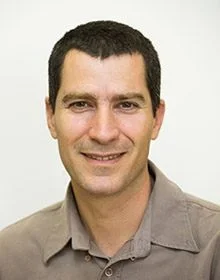
I am an epidemiologist with a background in computer science and a Ph.D. in neuroscience. My research focuses primarily on two fields: the effects of environmental factors on public health and the environmental impacts of healthcare. More specifically, I study climate health impacts on women’s health and child development and the climate footprint of various healthcare activities. In addition, I study causal inference in epidemiology and methods to reduce bias in health studies.

Dr. Seals joined Optum in 2019. He received his Master of Science in Biostatistics and Doctor of Science in Epidemiology from the Harvard T.H. Chan School of Public Health. His doctoral research focused on the incidence and etiology of neurodegenerative disease, with an emphasis on occupational and environmental risk factors. Prior to joining Optum, he was an NIH post-doctoral research fellow at the Harvard T.H. Chan School of Public Health in neurostatistics. He has published numerous peer-reviewed articles in top journals including Epidemiology, The American Journal of Epidemiology, Environmental Health Perspectives, and Neurology.
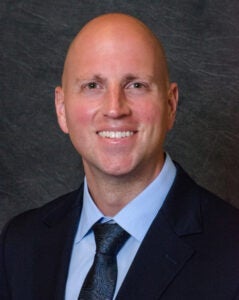
My long-term research interests are to develop novel technologies to increase understanding of the role of environmental exposures in human health. My academic background has a strong focus on physics and the sub disciplines of medical and health physics and exposure assessment. My research focuses on exposure assessment and, in particular, x-ray fluorescence (XRF) and its uses in public health. I have particular interest in identifying individual exposure levels to metals and health outcomes resultant from exposures. I have developed a handheld XRF for non-invasive measurement of cumulative exposure to toxicants in bone. I have also been developing a method utilizing a novel bench-top XRF allows us to replace typical expensive, destructive, and costly ICP-MS methods for elemental exposure assessment of a variety of different biomarkers and source exposure markers.


As an Epidemiologist in a leadership role, I cover all aspects of research development and management in environmental and occupational health with a specific focus on injury prevention, cognitive health, neurological diseases, exposure assessment and risk assessment.


Jennifer Weuve, MPH, ScD is a Professor in the Department of Epidemiology of the Boston University School of Public Health (BUSPH). In her research, she pursues answers to questions in two major realms of human health: (1) the forces that accelerate the aging of the brain and body, and (2) the health effects of being exposed to environmental toxicants. Underlying all of her research is a foundation in epidemiologic methods.

I am an experienced epidemiologist and have expertise in infectious disease investigation (COVID-19, measles, herpes B-virus), non-communicable disease research, and emergency response at the county, state, federal, and tribal levels. I also have extensive experience training health care workers and public health staff. I improve population health and wellness by solving complex public health challenges using scientific research, culturally sensitive communications, and fostering collaboration among different types of organizations. I am a team builder and leader with a strong track record of meeting project objectives.

Dr. Tian-Shin Yeh, MD, MMSc, PhD, an assistant professor at Taipei Medical University. Previously, she was a postdoctoral fellow in the Harvard-Oxford Program in Epidemiology with Professor David J. Hunter and Walter C. Willett. She is a board-certified Physician in Physical Medicine & Rehabilitation (PM&R) from Taiwan, and holds a Master of Medical Science degree from National Taiwan University. She went on to earn a PhD degree in Clinical Epidemiology from the Harvard TH Chan School of Public Health (2016-2020) under the mentorship of Professor Deborah Blacker.
After graduation, Tian-Shin worked as a postdoctoral fellow in the Department of Nutrition at Harvard (2020/6~2021/5) with Professors Alberto Ascherio, Marc Weisskopf, and Walter C. Willett. Her current research examines how diet and other risk factors, impact neurodegenerative diseases.
Media
– Harvard Health: Can flavonoids help fend off forgetfulness?
– The Times (UK): Eat smart! The best foods to boost your brain health
– BBC: Why eating colourful food is good for you
– US News & World Report: <a href="https://www.usnews.com/news/health-news/ar…

Dr. Gyeyoon Yim’s current main research interests at Dartmouth include how prenatal exposure to multiple environmental chemicals, such as metals, is associated with children’s development and growth. Prior to joining Geisel School of Medicine at Dartmouth, she worked as a researcher at the Korea National Institute of Health and served as an Associate Specialist in the Department of Psychiatry at the University of California, San Francisco. Dr. Yim earned her doctoral degree in May 2020 from Harvard T.H. Chan School of Public Health, with a dissertation titled “Periconceptional Exposure and Child Health in the Third Generation” and obtained her master’s degree in Social and Behavioral Sciences from Yale School of Public Health.
Support Harvard Chan School
Every gift contributes to our mission of building a world where everyone can thrive. To learn more about how you can support the Weisskopf Lab, please contact Kim Labonte, or use the giving button below and select “Other” and write “Weisskopf Lab” in the text box.
